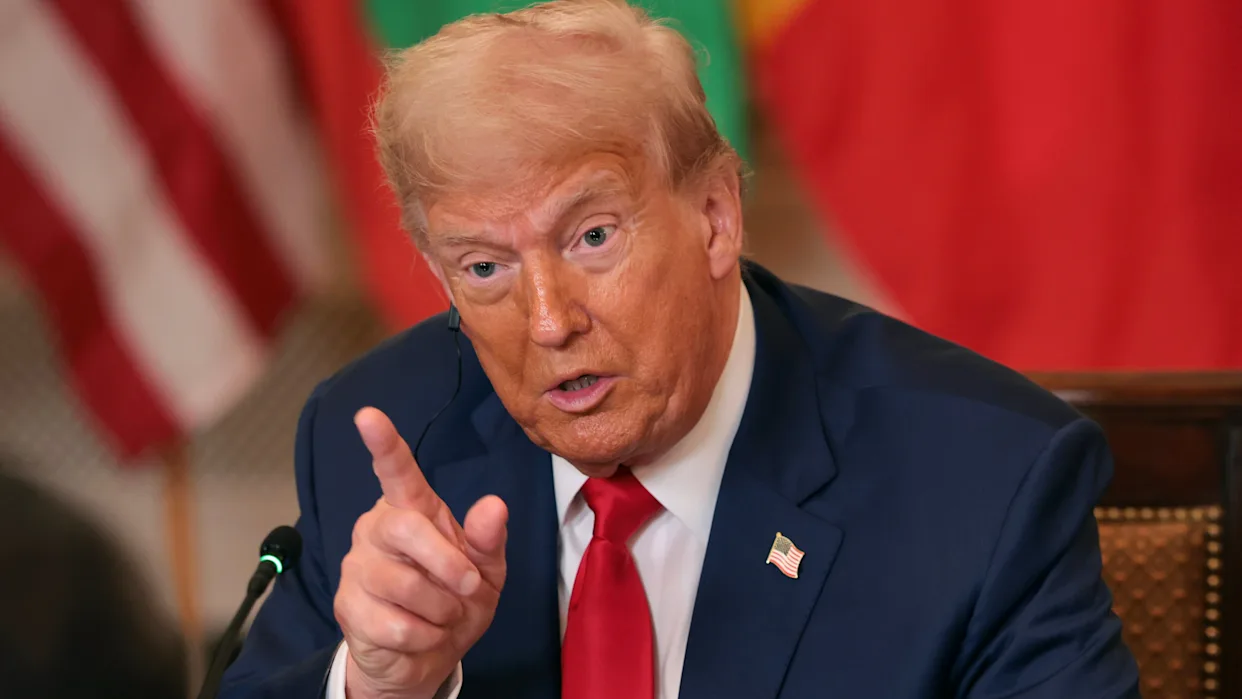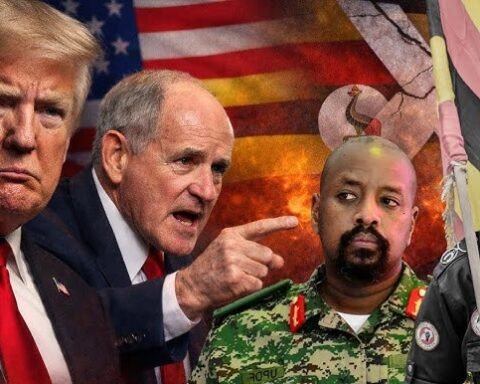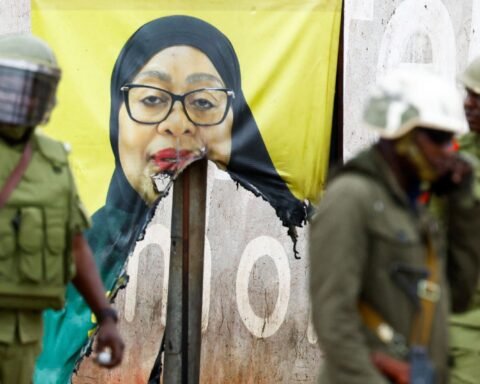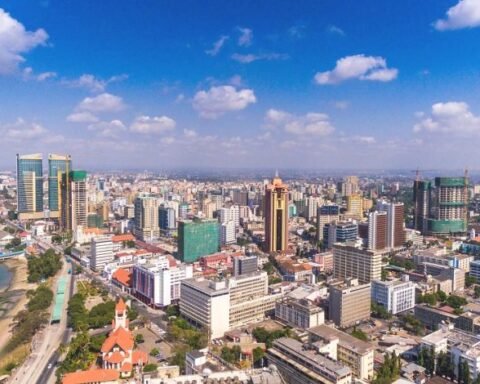U.S. President Donald Trump is once again at the center of a diplomatic stir following remarks he made to Liberian President Joseph Boakai during a recent White House event with African heads of state.
While hosting leaders from five African nations—Liberia, Senegal, Gabon, Mauritania, and Guinea-Bissau—Trump praised President Boakai for his articulate English.
“Such good English. It’s beautiful,” Trump remarked. “Where did you learn to speak so beautifully?”
President Boakai replied that he was educated in Liberia, prompting Trump to respond: “That’s very interesting. I have people at this table who can’t speak nearly as well.”
While the exchange may have been meant as a compliment, it quickly sparked conversation and criticism—particularly due to the historical and cultural context of Liberia’s relationship with the English language.
Trump’s question overlooked the fact that English is Liberia’s official language. Liberia, unique among African nations, was founded in the early 19th century by the American Colonization Society, a group that aimed to resettle freed African Americans in West Africa.
The country declared its independence in 1847 and retained many American political structures and cultural influences, including the use of English as the medium of instruction, government, and legal systems. President Boakai, like many of his compatriots, was born and educated in Liberia and has been a prominent figure in Liberian politics for decades.
The comment, although lighthearted, sparked criticism from U.S. lawmakers and diplomatic observers. Representative Jasmine Crockett called it “peak ignorance,” while others viewed it as unintentionally dismissive of African nations’ educational and linguistic diversity.
Also Read; British, Singapore Airlines Cancel Dubai Flights After Strikes
Many observers took to social media to express concern that the remark reflected outdated assumptions about Africa and Africans. Some experts in intercultural communication noted that such statements, though often meant as praise, can unintentionally come across as microaggressions—subtle insults or assumptions about a person’s identity or background.
The leaders gathered at the White House were also there to discuss a shift in U.S. foreign policy toward Africa—from traditional foreign aid to a model focused on trade and investment.
Trump reiterated his preference for encouraging private-sector partnerships over dependency on USAID or humanitarian programs. This marks a broader trend in U.S. engagement across the continent, where China’s influence in Africa continues to grow, especially in areas such as infrastructure and critical minerals.
President Boakai did not publicly express offense, instead responding with quiet poise. But the moment offered a chance for deeper reflection about how language, culture, and history intersect in diplomatic settings.
“It was a reminder that leaders should approach such engagements with both curiosity and cultural sensitivity,” said one international relations scholar from the Brookings Institution.







